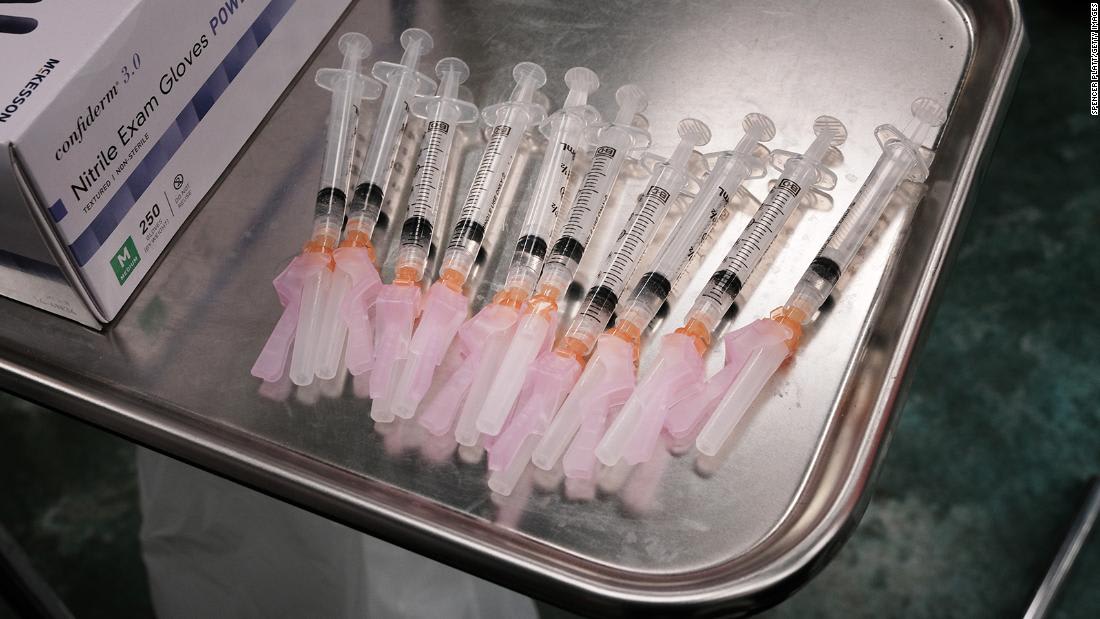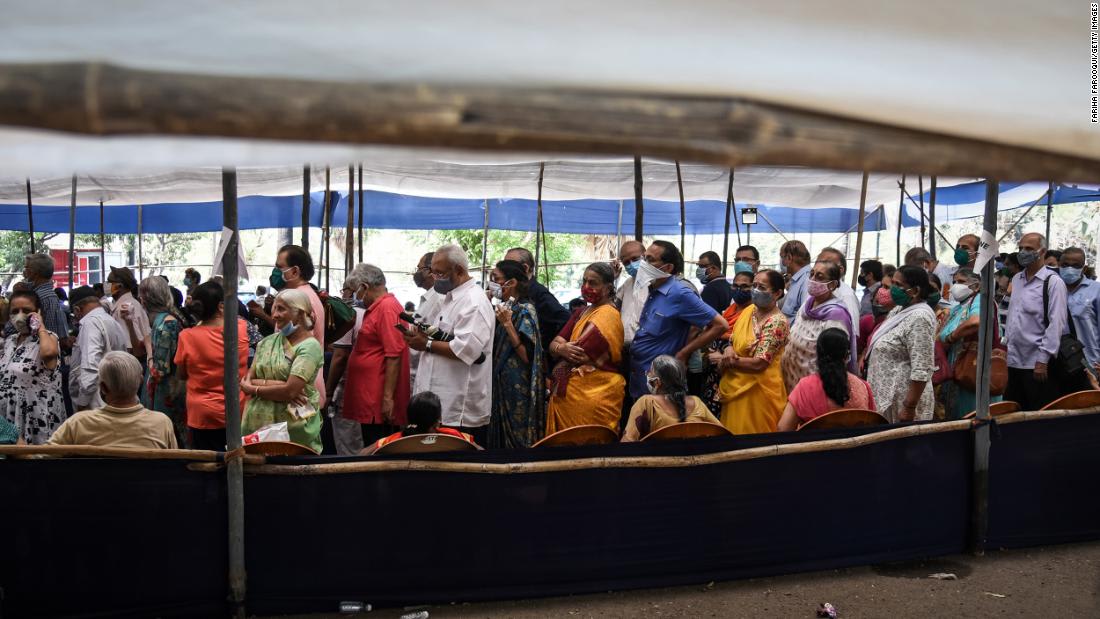New Zealand’s customs agency fired nine of its workers after they refused to get vaccinated for Covid-19, it said in a statement.
"We regret that these individuals have had to leave employment and understand what a difficult situation this is for them,” customs official Jacinda Funnell said.
New Zealand has made it compulsory for all frontline border and quarantine workers to be vaccinated and provide proof of vaccination on entering a customs facility.
More than 95% of New Zealand’s frontline customs workers have had one dose of a Covid-19 vaccine, according to the agency, with 85% having received two doses.
“Of the 5% staff who weren’t vaccinated, most of whom were unable to receive the vaccine, many have been successfully redeployed into alternative roles within Customs,” the statement read.
The statement added that options to redeploy the nine fired staff members "were very limited."

